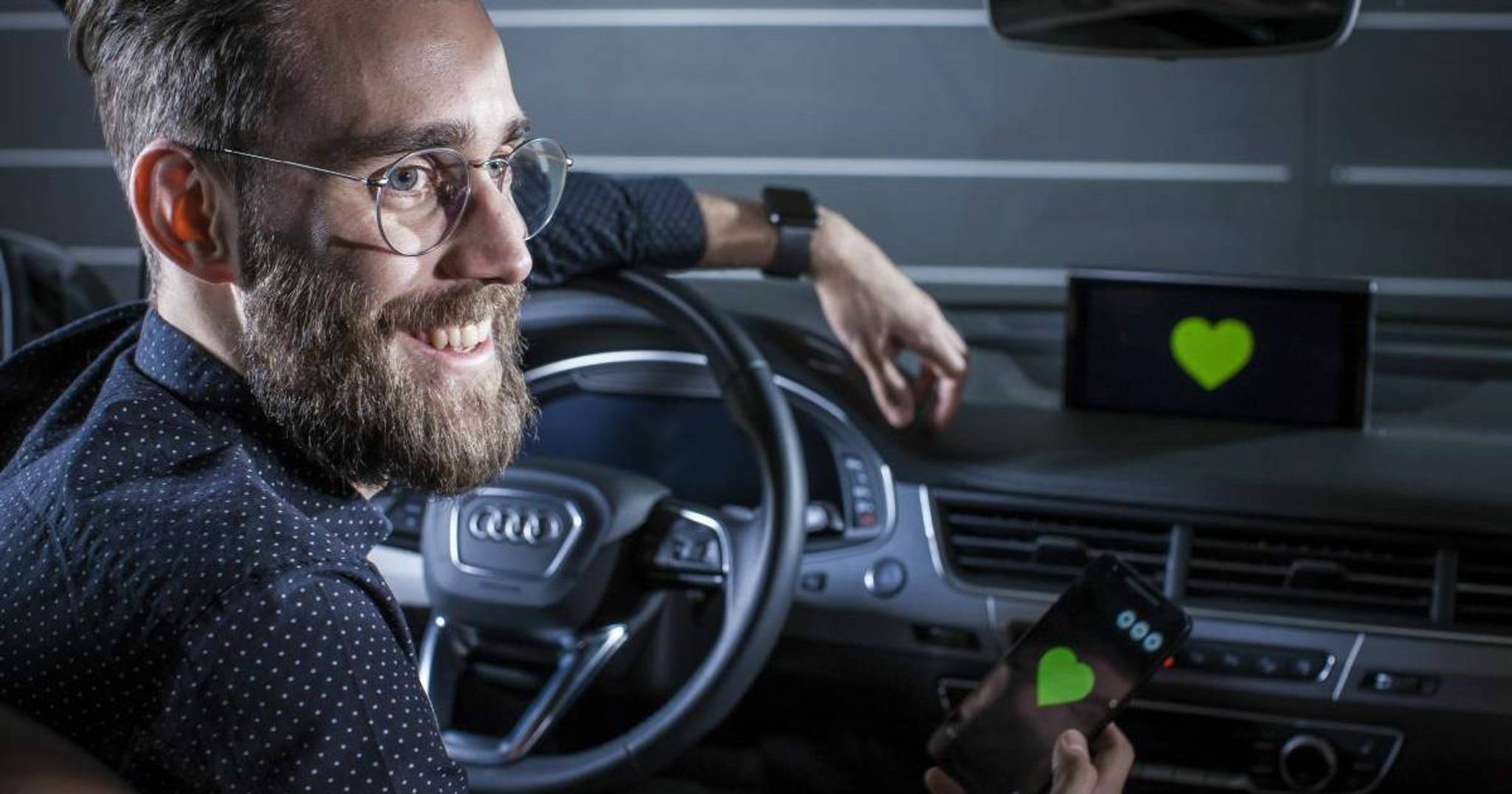
At most British service stations, the best you can hope for is a clean toilet, a Marks & Spencer sandwich and a round on a slot machine. But at Gloucester Services and Tebay Services, visitors can buy local produce that would be more at home at a village farmers’ market. We explore the insights behind these artisanal service stations and what they could mean for the future of cross-country driving in the UK.
Gloucester Services and Tebay Services are two British service stations run by the Westmorland Family, which sells artisan produce like black pudding scotch eggs, wild boar sausage rolls and cheeses from local producers. They're shifting the focus of the rest stop from the fuel court to the store – to such an extent that some customers visit just to shop. The company served eight million people in 2016, earning £92 million in sales. In contrast, many other service and petrol stations are struggling due to higher forecourt rents and increasingly fuel-efficient vehicles; Shell, Esso and BP sold off a combined 1,085 stations in 2016.
Motorway rest stops in the UK have improved and diversified over recent years, with brands like Waitrose, Marks & Spencer and Starbucks having moved into these spaces, aiming to service some of the 575 million car journeys made each year. Pizza Express is even set to open its first roadside restaurant in partnership with Welcome Break – an upgrade from the glory days of Little Chef in the ‘90s. "We’ve witnessed a growing trend with our customers, both business and leisure, to spend more time at our service stations,” says Rod McKie, chief executive of Welcome Break, “to be able to enjoy a dining experience comparable to that on the high street.”
The premiumisation of the rest stop could grow even more apparent as the reality of self-driving vehicles edges closer. Because once a car can drive itself, the skill could well be romanticised – a forgotten skill to be rose-tinted by nostalgia. “One of the prime reasons we like driving is that we’re in charge of our own destiny,” says Dr. Peter Marsh, a psychologist and specialist in the role of the car and driving behaviour. “It provides us with a very welcome sense of mastery and control.” As such, driving may become a luxury pursuit in itself. If and when that happens, the Westmoreland Family will be ready to serve up a complementary level of snacks for the trip.
Katy Young is a behavioural analyst at Canvas8, which specialises in behavioural insights and consumer research. She has a degree in American Studies and Film, and an MA in Journalism. Her interests include wild swimming, thinking of podcast ideas and singing in an all-female choir.



